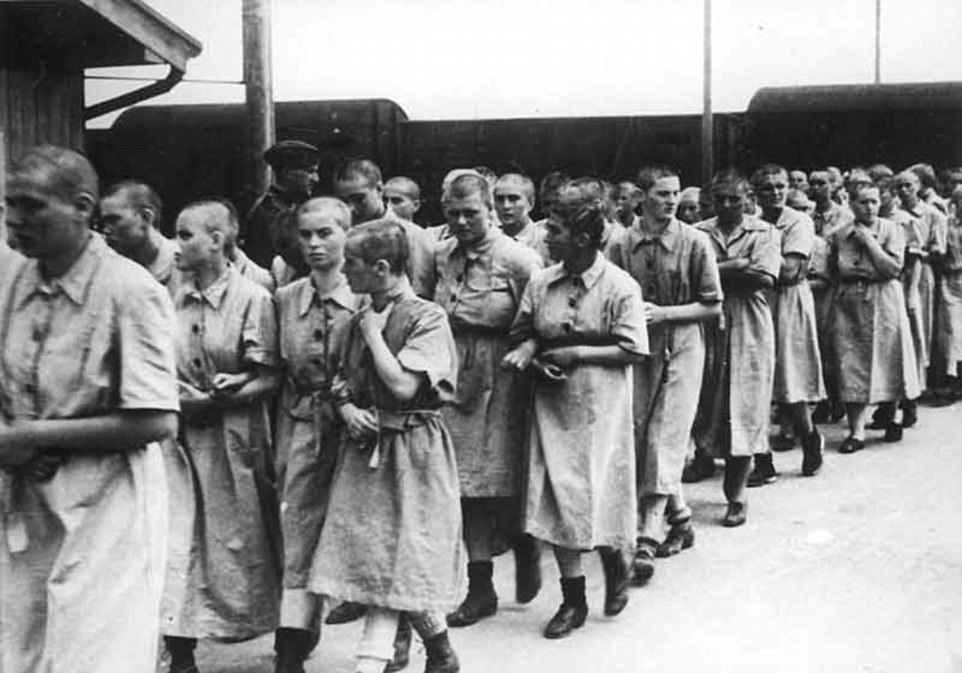During World War II, the Nazi regime implemented policies that legalized and organized prostitution in military brothels as a means to control soldiers’ sexual behavior and prevent sexually transmitted diseases (STDs). This territorial conquest policy had harrowing consequences for the women coerced into sex work. This note focuses on the aspects of sexual violence perpetrated in the name of war crimes and the resentment and persecution faced by prostitutes in Nazi Germany in the aftermath of World War II.
In the occupied territories, women were forced into sexual slavery to serve in military brothels, which were labeled as “treatment centers.” The Nazi regime considered these women racially inferior, exploiting them to further Nazi ideological goals. A prisoner-of-war manual issued by the OKW in 1940 explicitly condoned rape and sexual violence against civilian women in the occupied territories.
The exploitation of these women constitutes a war crime, as defined by the Rome Statute of the International Criminal Court. Article 7 of the Rome Statute, on Crimes Against Humanity, outlines that sexual enslavement is a punishable offense and that the use of civilian women for sexual purposes is encompassed within its definition. The Nazi actions clearly violate modern international law and standards.
The post-war period in Germany brought about intense scrutiny and silencing mechanisms concerning sexual violence and the role of Nazi brothels. Women forced into sexual labor and rape survivors faced lingering shame, stigma, and psychological suffering. Additionally, women who worked in these brothels were denied reparations for the traumatic experiences they endured and were mired in stigma and embarrassment.
Prostitutes in Nazi Germany were seen by society not as victims but as collaborators who deserved punishment. Even though they were compelled into this work, they faced severe legal repercussions and exclusion from social safety nets after the war. For instance, the 1953 German Law on Prostitution criminalized those who engaged in sex work, aiming to reduce the spread of STDs while simultaneously ignoring the broader systemic issues that initially enforced such sexual exploitation.

